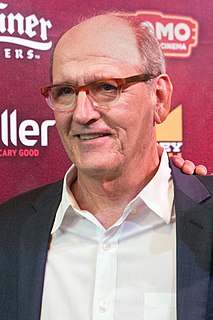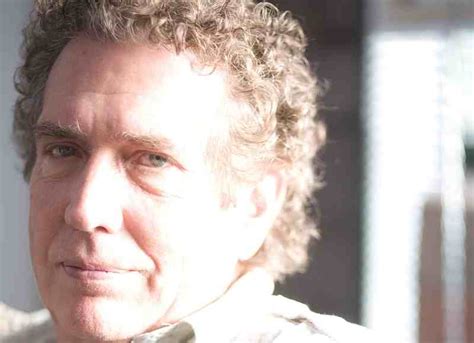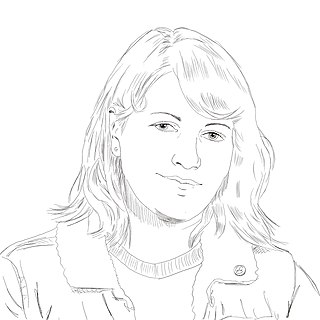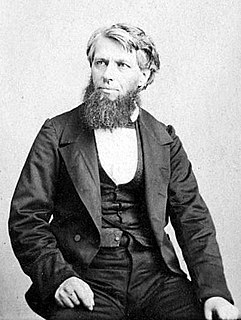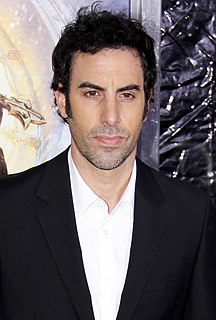A Quote by Frederick Busch
When you are writing a character, what the character says is obviously crucial. But what the character doesn't say is absolutely as important as his words.
Related Quotes
When you are writing, you have to love all your characters. If you're writing something from a minor character's point of view, you really need to stop and say the purpose of this character isn't to be somebody's sidekick or to come in and put the horse in the stable. The purpose of this character is you're getting a little window into that character's life and that character's day. You have to write them as if they're not a minor character, because they do have their own things going on.
Stage is so important because it teaches me how to convey character with words - how to convey how a character reacts by the way they appear on stage. I can usually tell a playwright from someone who has never written for the stage. Did the character work? Did the dialogue reveal who the character is?
When I'm writing, I try to have the mask of my character on as I'm walking through the world. When I'm not at my desk, the rest of the time, I try to stay in that character and see the world the way that character would It's almost like method acting in a way — keeping the character close the way the actor keeps a script close and always tries to be in character.



